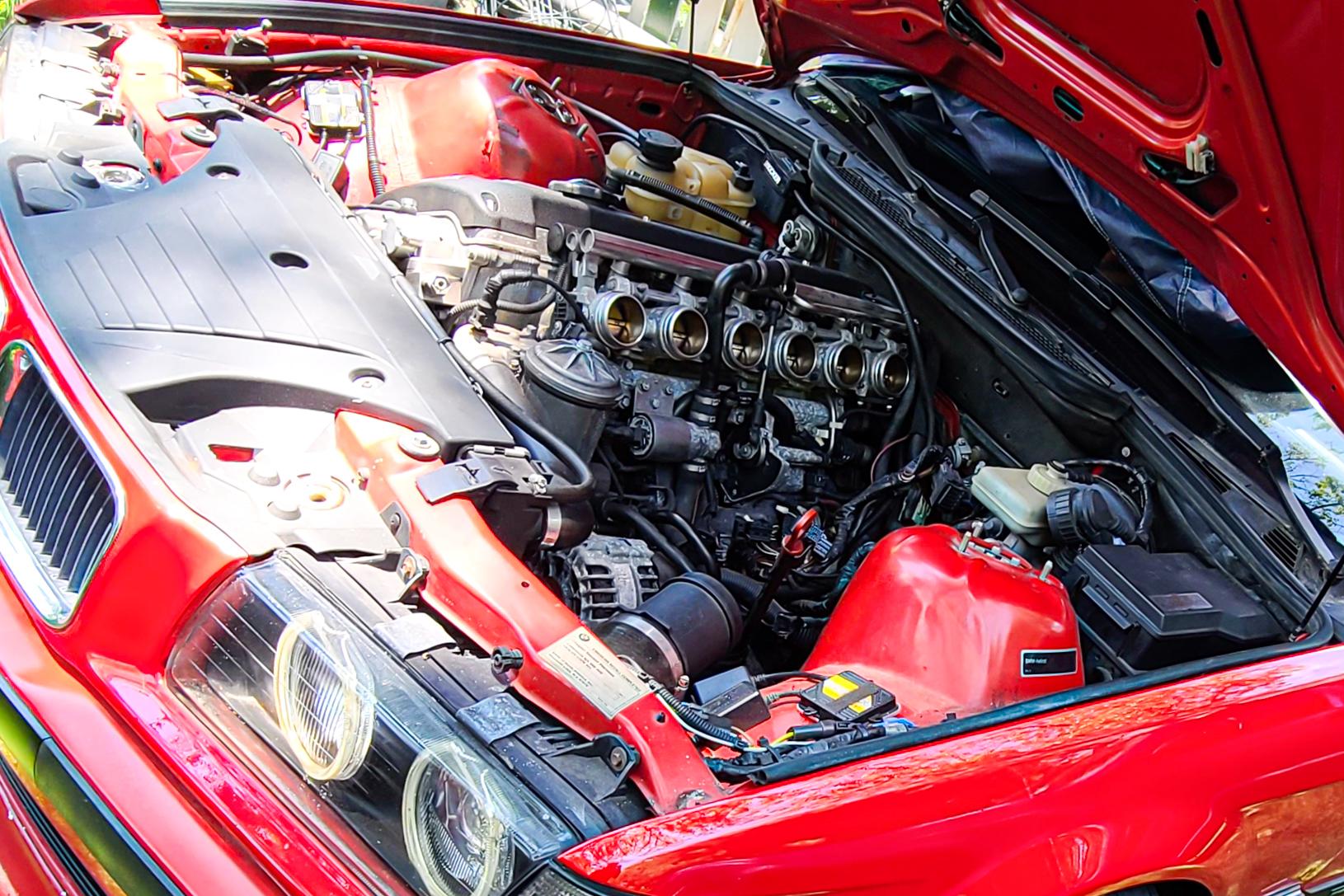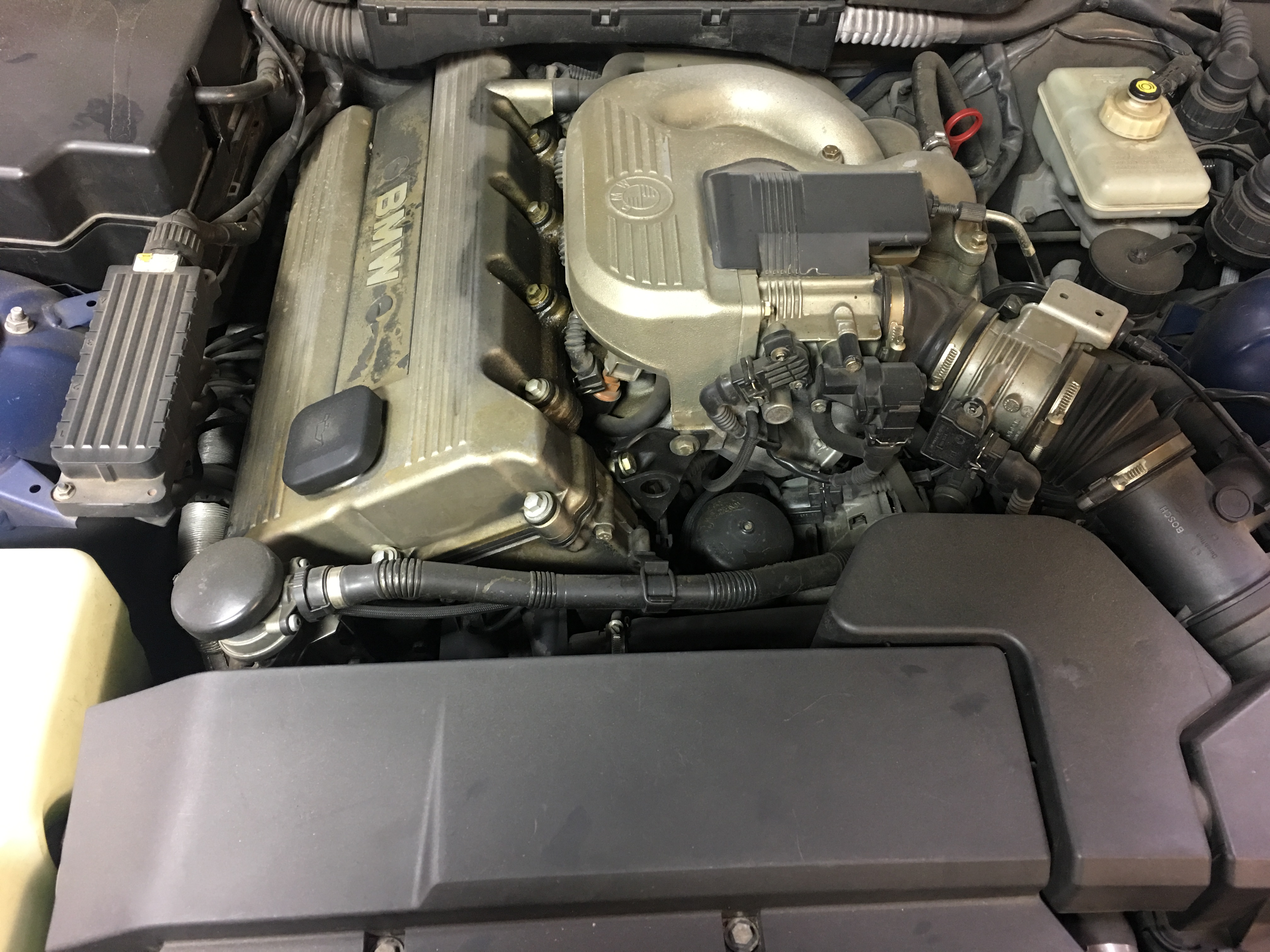Secret Attributes to Search For When Acquiring an Engine for Automotive Applications
When considering the acquisition of an engine for automotive applications, a number of key functions necessitate cautious analysis to guarantee optimum performance and capability. From power and performance capabilities to sustain effectiveness, adherence, and durability to discharges requirements, each aspect plays an essential duty in determining the engine's suitability for particular automobile demands.
Power and Performance
When selecting a vehicle engine, purchasers prioritize power and performance to make certain optimum driving experience and efficiency. A well-performing engine not only supplies power effectively but additionally runs smoothly throughout various speed arrays and driving problems.
Furthermore, variables such as engine hybrid, turbocharging, and displacement innovations play substantial roles in improving both power and efficiency degrees. Ultimately, choosing an engine that uses a powerful mix of power and performance guarantees a efficient and gratifying driving experience.
Gas Performance
Optimizing gas efficiency is a critical factor to consider for customers when reviewing automotive engine choices. Modern engines with functions like straight gas shot, turbocharging, and variable shutoff timing can considerably improve gas performance by boosting burning processes and reducing energy loss.

Durability and Integrity
Attaining durable efficiency and reliable operation is necessary for consumers examining the resilience and integrity of automobile engines. When taking into consideration an engine for automobile applications, longevity refers to the engine's capability to withstand wear, tension, and harsh operating conditions over an extensive period. Dependability, on the various other hand, indicates that the engine can regularly execute its intended function without unanticipated breakdowns or failures.
Customers need to search for engines built with high-quality materials and accurate design to make certain longevity. Parts such as bearings, pistons, and crankshafts should be resilient to deal with the engine's power outcome without early wear. In addition, engines outfitted with advanced cooling systems, effective lubrication, and robust filtration systems have a tendency to show greater degrees of integrity.
Regular maintenance and adherence to manufacturer referrals are additionally essential consider maintaining an engine's toughness and reliability. By following upkeep timetables, making use of advised liquids, and addressing any kind of concerns promptly, customers can optimize the life expectancy and performance of their automotive engines. Ultimately, prioritizing durability and integrity in engine option can cause a much more enjoyable possession experience with fewer unexpected disturbances.
Exhausts Compliance
Ensuring conformity with discharges policies is a vital aspect of reviewing vehicle engines for eco aware consumers. With increasing problems regarding air quality and ecological impact, rigorous discharges standards have actually been established globally to minimize damaging toxins released right into the environment. When purchasing an engine for vehicle applications, it is necessary to consider its exhausts compliance to decrease the carbon footprint and abide by legal needs.
Modern engines are furnished use this link with advanced discharge control modern technologies such as catalytic converters, exhaust gas recirculation (EGR) systems, and careful catalytic decrease (SCR) to decrease unsafe exhaust gases like nitrogen oxides (NOx), carbon monoxide (CARBON MONOXIDE), and hydrocarbons (HC) These systems play a crucial duty in guaranteeing that the engine satisfies the defined exhausts standards and operates within allowable restrictions.

Cost-effectiveness
When considering vehicle engine acquisitions, evaluating cost-effectiveness is critical for customers looking for both efficiency and worth. Cost-effectiveness in engine acquisition involves more than simply read the article the preliminary acquisition cost. It incorporates the total expenditures connected to maintenance, fuel usage, and prospective repair services over the engine's life expectancy. Choosing an engine that uses an equilibrium in between long-lasting savings and upfront costs can result in significant advantages for the customer.
One trick element of cost-effectiveness is gas performance. Engines that are created to maximize gas economic climate can result in substantial financial savings gradually, especially for people who drive regularly or over long distances. In addition, taking into consideration the accessibility and cost of extra components and servicing can add to the general cost-effectiveness of an engine. Guaranteeing that maintenance and repair services are affordable and accessible can prevent unforeseen financial problems down the line.

Conclusion
Finally, when acquiring an engine for automotive applications, it is important to consider essential attributes such as power and efficiency, gas performance, integrity and durability, emissions conformity, and cost-effectiveness. These variables are essential in ensuring that the engine meets the requirements of the vehicle and runs successfully in various driving useful source conditions - bmw 318ti. Making a notified decision based on these criteria will ultimately lead to a effective and effective vehicle engine purchase
From power and performance capabilities to fuel durability, effectiveness, and adherence to discharges standards, each facet plays a critical function in identifying the engine's viability for certain automobile demands. Engines created to run on alternative gas such as electrical power, crossbreed systems, or biofuels can use improved gas economy and reduced emissions contrasted to conventional fuel or diesel engines. Consumers need to thoroughly take into consideration the fuel performance scores and modern technologies integrated right into automobile engines to make enlightened acquiring choices that line up with their top priorities for cost financial savings and sustainability.
When taking into consideration an engine for automobile applications, longevity refers to the engine's capability to hold up against wear, stress, and extreme operating problems over a prolonged period.In final thought, when acquiring an engine for vehicle applications, it is important to consider vital features such as power and performance, gas efficiency, longevity and reliability, emissions compliance, and cost-effectiveness.